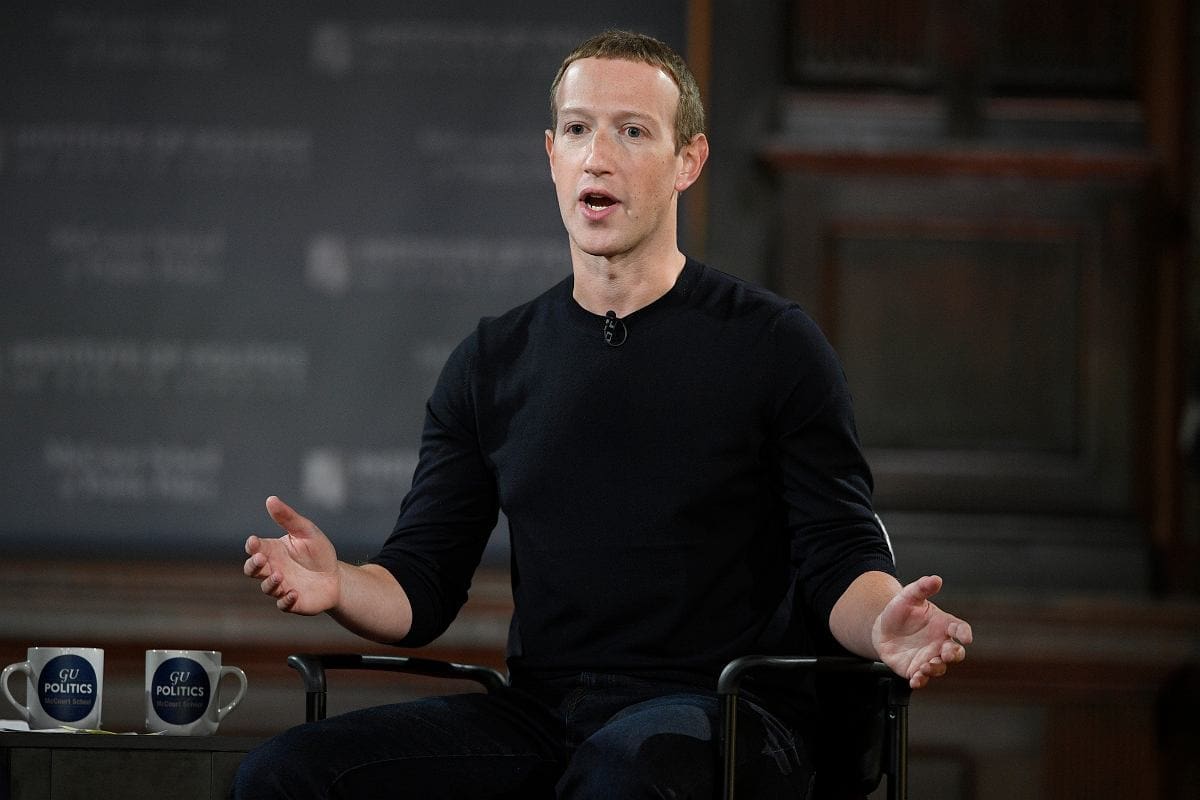2021 yılında Mark Zuckerberg, Facebook Şirketi’ni yeniden markalandırdı. Facebook yerine Meta Platforms (META) adında yeniden markalandırıldı ve misyonu aniden metaverse adı verilen üç boyutlu sanal gerçeklik üzerine odaklandı. Ancak o zamandan beri bu metaverse gerçekten somutlaşmadı. Ve Meta’nın Metaverse’i (sanal) bir gerçeklik haline getirme çabaları ciddi bir sermayeye mal oldu. 2022 yılında Meta’nın sanal gerçeklik üretimine odaklanan Reality Labs bölümü 13.7 milyar dolar işletme zararı açıkladı.
Zuckerberg ve Metaverse
Metaverse’ın ölümüne dair söylentilere rağmen Nisan ayında Zuckerberg metaverse’ı inşa etme konusundaki uzun vadeli bir proje olduğunu ve Meta’nın bu konuda kararlı olduğunu söyledi. 26 Eylül’de Forbes ile yaptığı bir röportajda metaverse’a olan inancını yeniden teyit etti.
“Benim için çok heyecan verici olacak olan diğer şey, Metaverse. Dünyanın neresinde olursanız olun başka bir kişiyle fiziksel olarak varmış gibi hissetme yeteneği. Yakın vadede, bunu VR ile yapıyoruz, böylece içine girip başka bir kişiyle olduğunuz gibi hissedebilirsiniz. Bu konuda sihirli bir şey var.”
Metaverse’in Geleceği
Zuckerberg’in uzun vadeli VR ve AR vizyonu, genellikle insanların sanal bir ortamda oynamalarına izin veren genellikle hacimli başlıkların yerine yüksek teknoloji gözlüklerine odaklanıyor. Zuckerberg, meta etkin gözlüklerin en az birkaç yıl uzakta olduğunu, çünkü “küçük şeyler yapmanın zor olduğunu” belirtti. Ancak teknolojinin on yılın altında bir süre içinde mevcut olacağından emindi.
“Yakın gelecekte, dijital dünya sadece ekranlar aracılığıyla eriştiğimiz bir şey olmaktan çıkıp, giderek çevremize daha fazla entegre olacak. Sanat, oyunlar, medya; etrafınızdaki şeylerin ne kadarının hologram olabileceğini düşünmek ilginç bir düşünce deneyi. Sandalyeniz olamaz, yiyecek olamaz, ama etrafımızdaki diğer şeylerin çoğu zaman içinde hologram olabilir.”
Rakipler de Çalışmalarına Devam Ediyor
Zuckerberg, sanal dünyalara göz diken tek teknoloji devi değil. Apple, Haziran ayında kendi karışık gerçeklik başlığı olan Vision Pro’yu duyurdu ve bu başlığın 2024 başlarında piyasaya sürülmesi ve 3.000 doların üzerinde fiyatlandırılması planlanıyor.
“Meta’da odaklandığım temel şey, insan bağlantısının geleceğini inşa etmek. İnsanlara dünyanın neresinde olurlarsa olsunlar başka bir kişiyi varmış gibi hissetme yeteneği vermek ve aynı zamanda uzun vadede insanlara sadece insanlarla değil, önemsedikleri yapay zekalarla, işletmelerle etkileşimde bulunma yeteneği vermek tüm dünyayı daha fazla bağlı hale getirmenin bir parçasıdır.”








